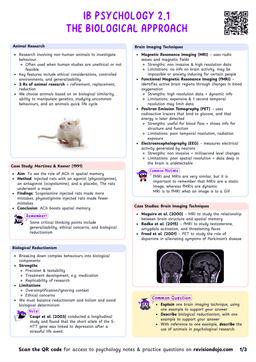Enculturation
Enculturation
The process by which individuals learn and adopt the cultural norms, values, and behaviors of their society.
- Enculturation is a lifelong process that begins in childhood and continues throughout life, shaping our identity and guiding our interactions with others.
- It includes explicit and implicit rules.
- It is facilitated by gatekeepers, who can include parents, teachers, and the media.
Key Concepts in Enculturation
- Socialization: Enculturation occurs through socialization, where individuals learn cultural norms and values from family, peers, schools, and media.
- Cultural Transmission: The passing of cultural knowledge from one generation to the next.
- Implicit Learning: Much of enculturation happens unconsciously, as individuals observe and imitate behaviors in their environment.
Theoretical Foundations
Social Learning Theory (Bandura, 1977)
- Observational Learning: Individuals learn by observing and imitating role models.
- Vicarious Reinforcement: Behaviors are more likely to be adopted if they are seen to be rewarded.
- Children learn gender roles by observing their parents' behaviors and the rewards or punishments associated with those behaviors.
Cultural Transmission Theory
- Vertical Transmission: Cultural knowledge passed from parents to children.
- Horizontal Transmission: Cultural knowledge shared among peers.
- Oblique Transmission: Cultural knowledge transmitted by non-parental adults, such as teachers or community leaders.
Key Study
Fagot (1978)
Aim
To investigate how parents reinforce gender-appropriate behavior in children.
Method
- Participants: 24 families with children aged 20-24 months.
- Procedure: Naturalistic observations of parent-child interactions at home.
Results
- Parents gave more positive reinforcement for gender-appropriate behaviors (e.g., girls playing with dolls, boys playing with trucks).
- Negative reinforcement was given for gender-inappropriate behaviors.
Conclusion
Parental reinforcement plays a significant role in the enculturation of gender roles.
Applications and Implications
Education
- Culturally Responsive Teaching: Understanding enculturation can help educators create inclusive environments that respect students' cultural backgrounds.
- Language Acquisition: Enculturation influences language development, as children learn language patterns and norms from their cultural context.
Cross-Cultural Communication
- Cultural Sensitivity: Awareness of enculturation can reduce misunderstandings in multicultural settings by fostering empathy and respect for different cultural norms.
- Globalization: As societies become more interconnected, understanding enculturation is essential for navigating cultural diversity.
Critical Thinking
Strengths
- Explains Cultural Continuity: Enculturation helps explain how cultures maintain their identity over time.
- Supports Social Cohesion: By internalizing shared norms and values, individuals contribute to social harmony.
Limitations
- Overlooks Individual Agency: Enculturation focuses on cultural influences but may underestimate the role of personal choice in behavior.
- Cultural Variability: The process of enculturation can differ significantly across cultures, making it challenging to generalize findings.
Ethical Considerations
- Cultural Bias: Researchers must avoid imposing their own cultural norms when studying enculturation in different societies.
- Informed Consent: Studies involving children require careful consideration of ethical guidelines to protect participants' rights.
- How does enculturation shape your own behaviors and beliefs?
- Can you identify specific examples from your life where you learned cultural norms through observation or reinforcement?


